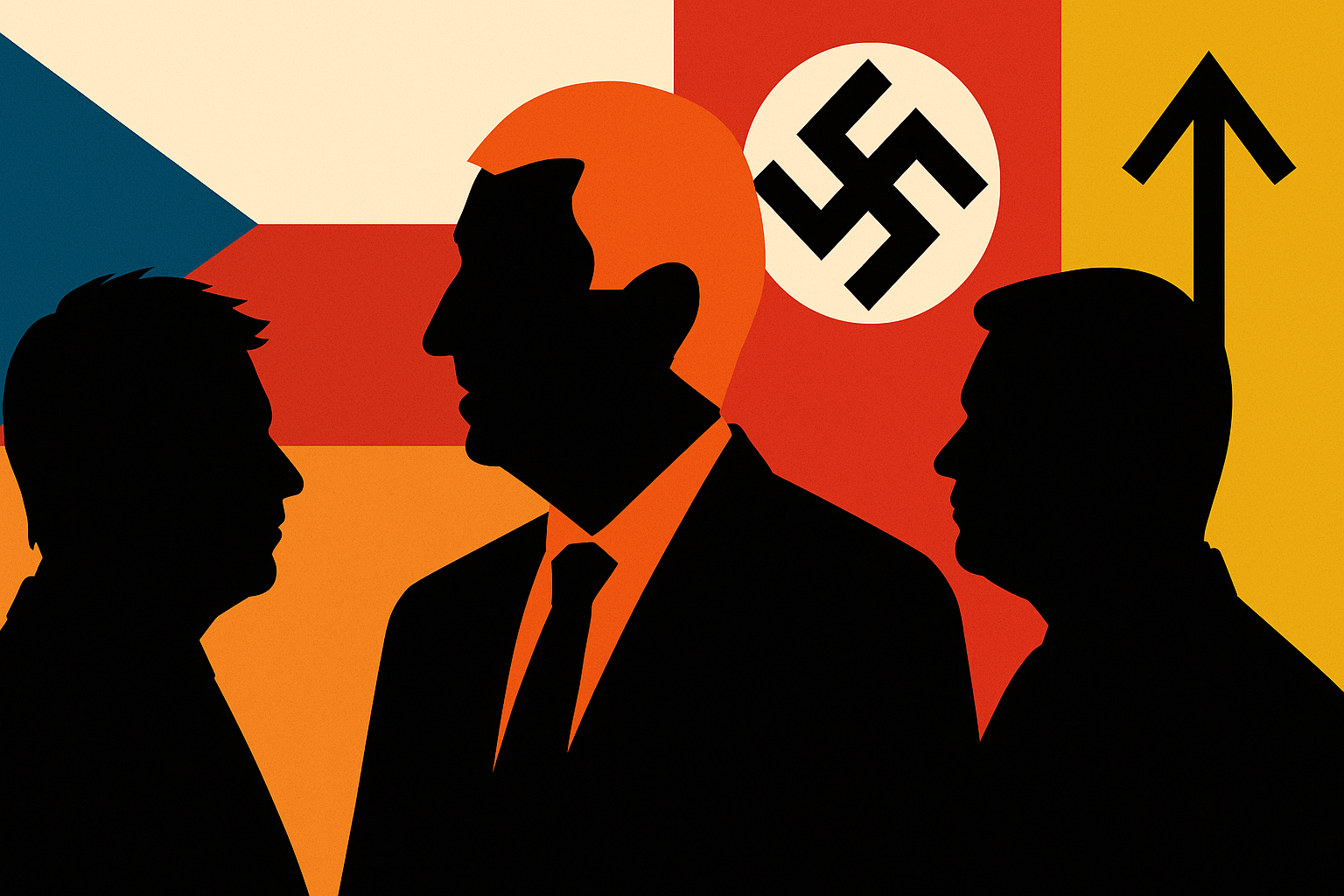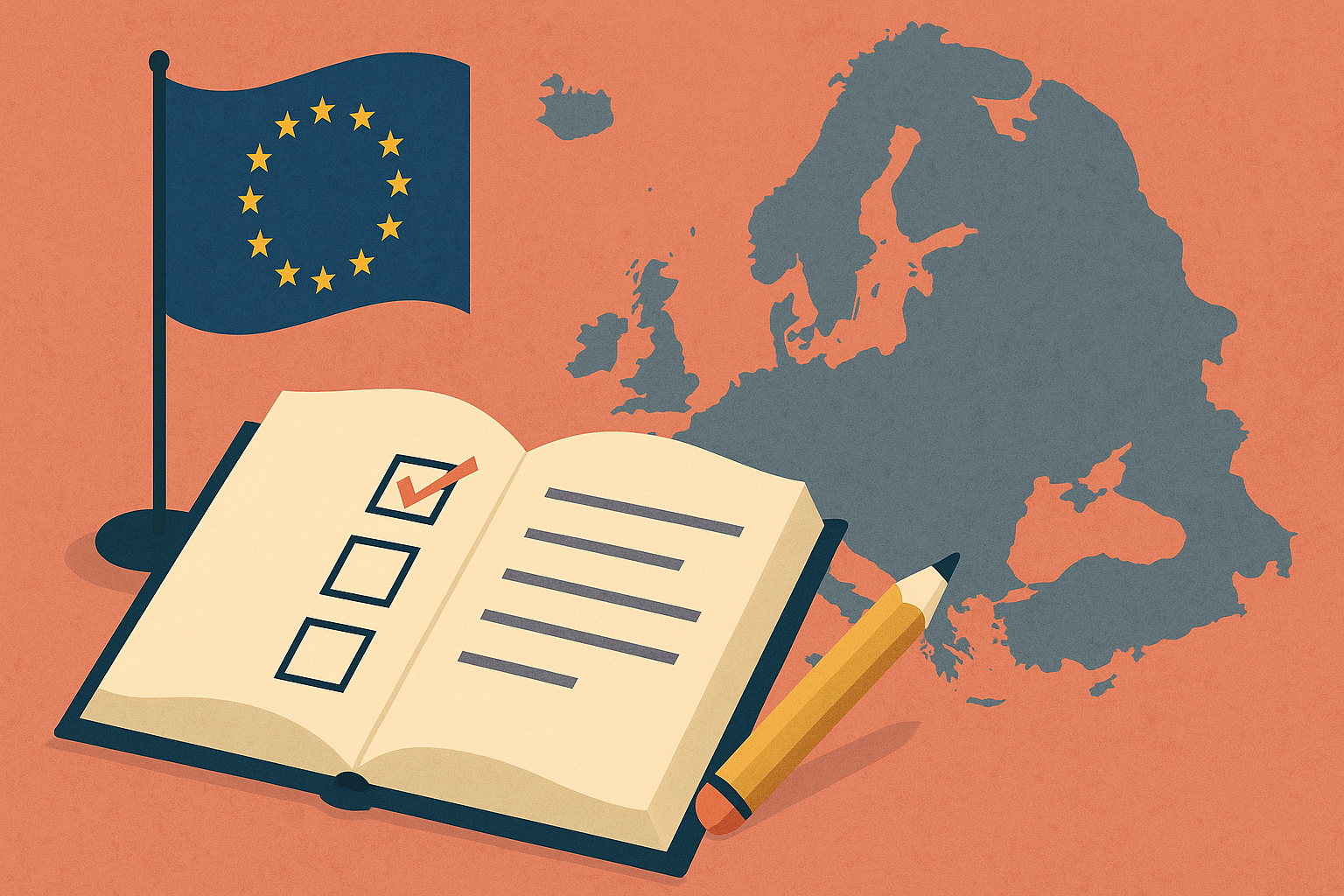Czech billionaire and Eurosceptic leader Andrej Babiš is poised to return to power as prime minister after reaching a coalition deal with two far-right parties — a move that shifts Prague further to the right and threatens to strain Western unity over support for Ukraine.
Babiš’s ANO party, which won the most votes in last month’s general election but fell short of a majority, is expected to finalize a coalition pact on Monday with the Motorists party, an anti-EU movement, and the Freedom and Direct Democracy (SPD) party, known for its pro-Russia and anti-immigration stance. Together, the three parties will control 108 of the 200 seats in the lower house of parliament.
A Shift to the Right and Potential Impact on Ukraine Policy
The coalition’s formation represents a significant rightward turn in Czech politics. Babiš, who previously served as prime minister from 2017 to 2021, has pledged to end government funding for military aid to Ukraine and has criticized Prague’s participation in a European initiative to supply artillery shells to Kyiv.
However, in a gesture of balance, he has assured Ukrainian President Volodymyr Zelenskyy that private Czech defense companies will still be permitted to export weapons to Ukraine.
Analyst Milan Nič of the German Council on Foreign Relations warned that the two smaller coalition members are likely to pursue “pro-Russia and pro-China” policies. “The question is whether Babiš can keep his partners in check after giving them geopolitically sensitive ministries,” Nič said.
Rising Euroscepticism and Domestic Controversy
The SPD, led by Tomio Okamura, has long advocated for a referendum on the Czech Republic’s membership in the European Union. Okamura has argued that “European security over the last 300-400 years is inseparable from Russia,” underscoring his party’s alignment with Moscow’s worldview.
Public backlash followed reports that the SPD could take control of the defense ministry, with protesters in Prague warning that such a move could strengthen Russian influence. Babiš has since said the SPD will be asked to appoint non-political technocrats to ministerial positions to allay public concern.
Meanwhile, the Motorists party, whose agenda centers on opposition to the EU Green Deal, has demanded that its honorary chair Filip Turek be nominated as foreign minister. The proposal sparked outrage after Czech newspaper Deník N uncovered old social media posts by Turek containing alleged racist and homophobic remarks, including one mocking a Romani woman who survived a neo-Nazi attack and another using a racial slur against former U.S. president Barack Obama.
Turek has denied being racist, claiming he is the target of “manipulations” and a “political attack.” Babiš has urged him to “convince the public” of his integrity.
Implications for Europe
Babiš’s return aligns the Czech Republic more closely with the Eurosceptic bloc in Central and Eastern Europe, joining Hungarian Prime Minister Viktor Orbán and Slovakia’s Robert Fico. The three leaders have previously cooperated through the Patriots for Europe group in the European Parliament, which also includes France’s Rassemblement National and Austria’s Freedom Party (FPÖ).
Despite his alliances with Orbán and Fico, Babiš insists he is not pro-Russia. Analysts say he may adopt a more pragmatic stance to avoid direct confrontation with the EU, particularly as Pavel Havlíček of the Czech Association for International Affairs notes that “Babiš will leave the destruction of EU policies to Hungary and Slovakia, staying pragmatically in the middle.”
Babiš expects his government to take office in December, pending final agreement on ministerial appointments and the coalition’s governing program.
If confirmed, his comeback will mark a new chapter in the Czech Republic’s political trajectory — one that could redefine its position within both the European Union and NATO at a time of deepening geopolitical division in Europe.








